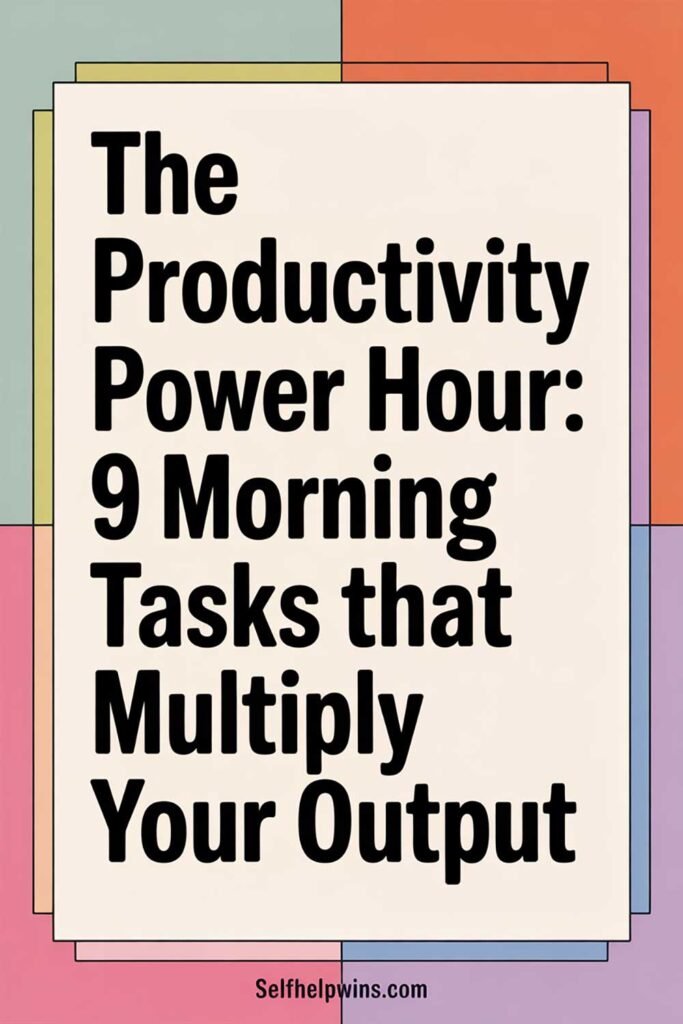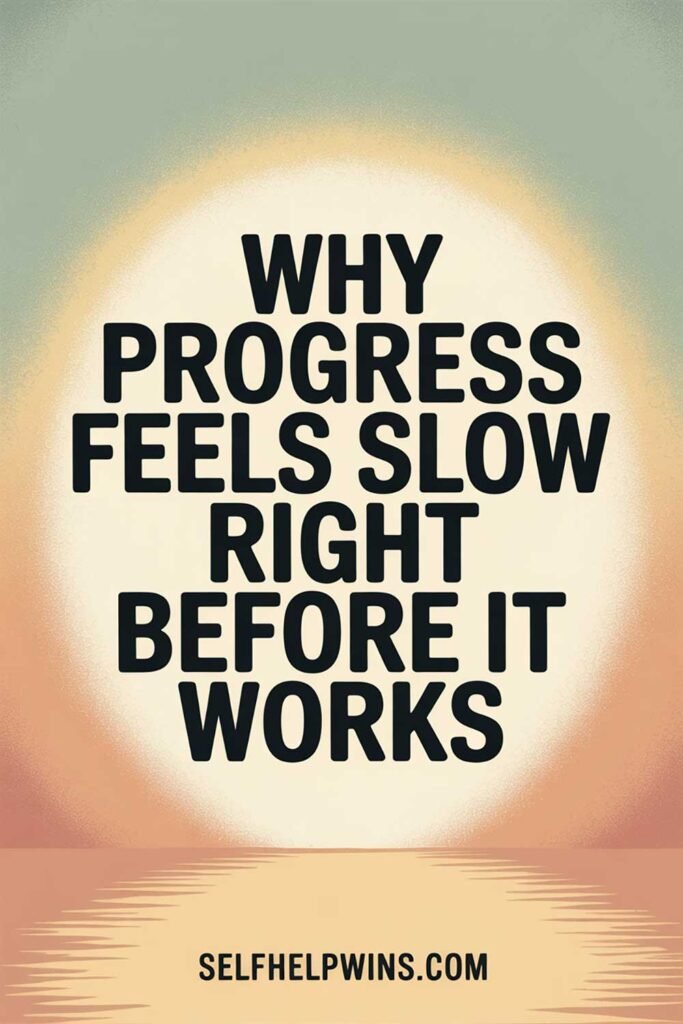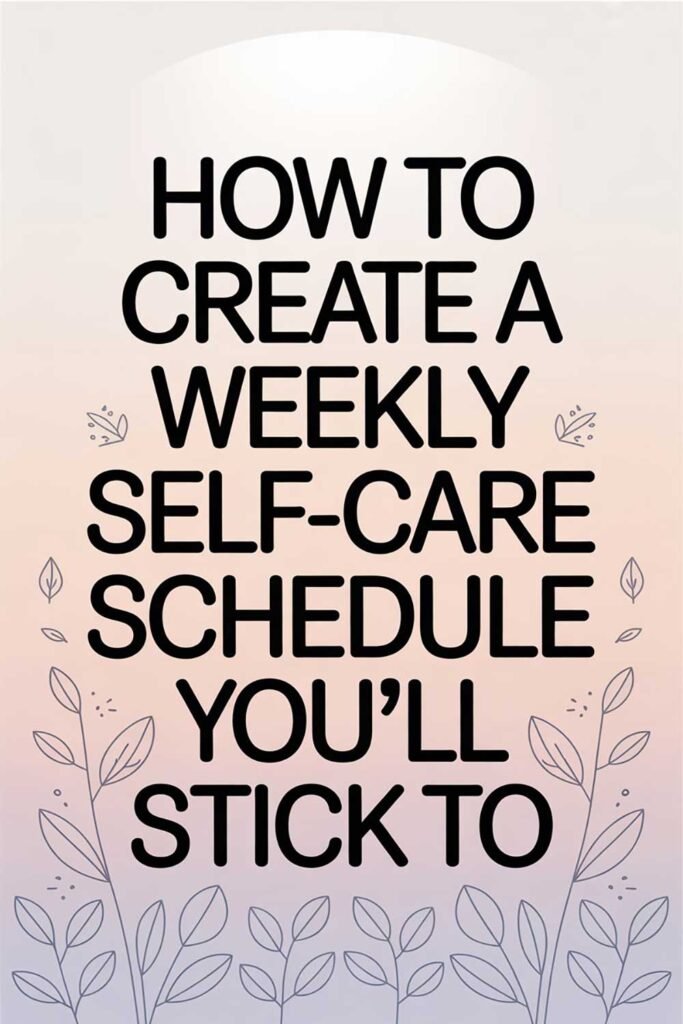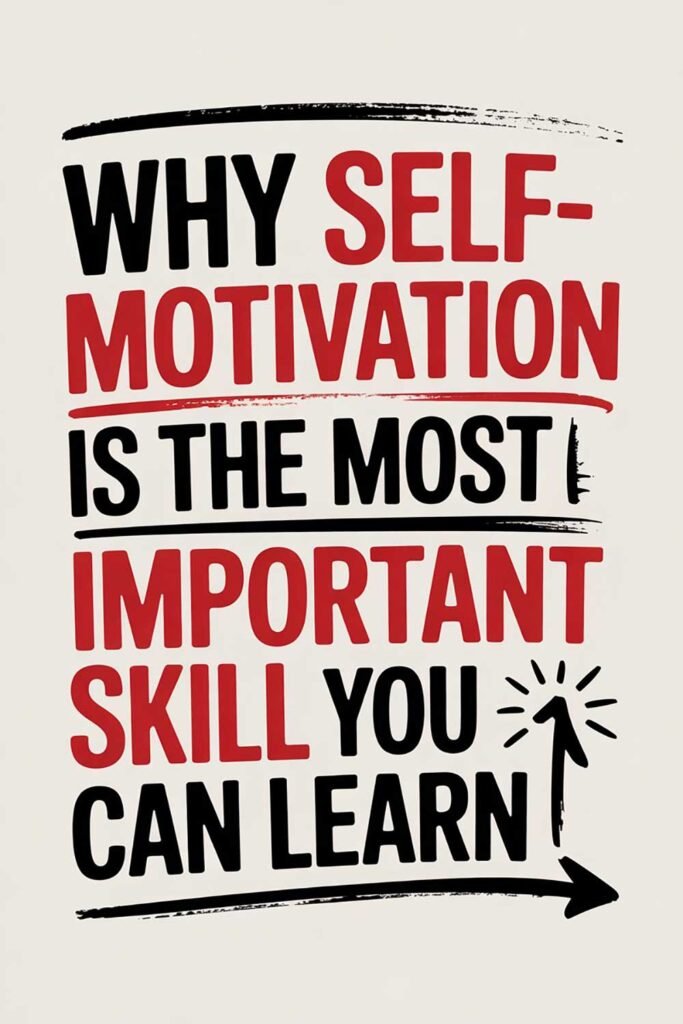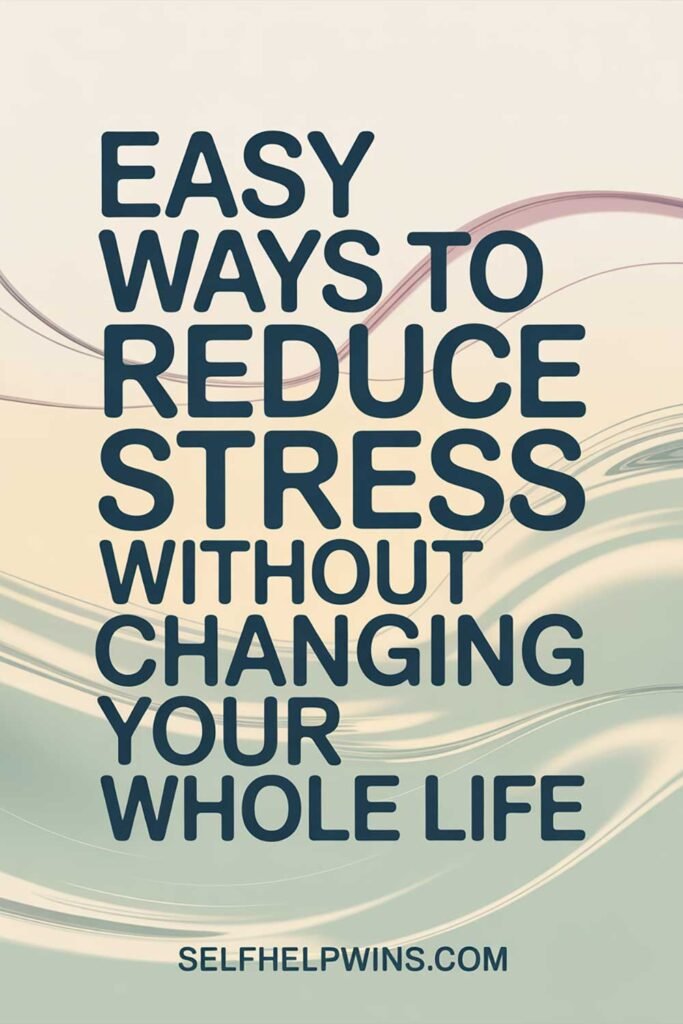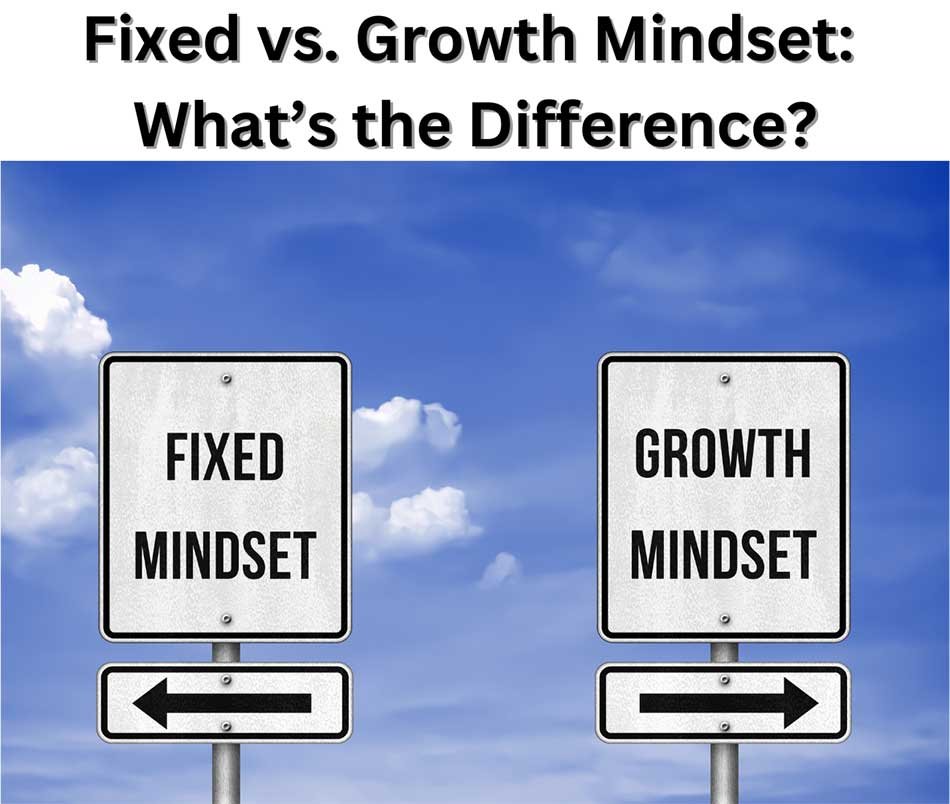
If you know someone who could benefit from this article, please share it with them. Understanding the difference between fixed and growth mindsets could inspire transformative change.
Fixed vs. Growth Mindset: What’s the Difference?
Understanding the Basics
Your mindset is the foundation for how you perceive challenges, interpret feedback, and pursue your goals. The concepts of fixed mindset and growth mindset, introduced by psychologist Carol Dweck, reveal how these perspectives influence your approach to life and success.

What Is a Fixed Mindset?
A fixed mindset assumes that abilities, intelligence, and talents are innate and unchangeable. People with this mindset believe that effort cannot significantly alter their capabilities, leading to a fear of failure and avoidance of challenges.
Characteristics of a Fixed Mindset
- Avoids Challenges: Prefers to stick to what is known and safe.
- Gives Up Easily: Views setbacks as proof of inability.
- Ignores Feedback: Perceives constructive criticism as a personal attack.
- Focuses on Validation: Seeks external approval to affirm self-worth.
- Feels Threatened by Success of Others: Compares self unfavorably to others.
What Is a Growth Mindset?
A growth mindset, on the other hand, believes that abilities and intelligence can be developed through effort, learning, and persistence. This mindset embraces challenges as opportunities for growth.
Characteristics of a Growth Mindset
- Embraces Challenges: Sees difficulties as a chance to learn.
- Perseveres Through Obstacles: Maintains effort despite setbacks.
- Welcomes Feedback: Uses constructive criticism to improve.
- Values Effort: Recognizes hard work as essential to mastery.
- Finds Inspiration in Others’ Success: Learns from and celebrates others’ achievements.
Key Differences Between Fixed and Growth Mindsets
| Fixed Mindset | Growth Mindset |
|---|---|
| Believes talents are static | Believes talents can be developed |
| Avoids failure at all costs | Views failure as a learning opportunity |
| Seeks validation | Seeks improvement |
| Feels limited by current abilities | Believes abilities can grow over time |
| Avoids effort; sees it as pointless | Embraces effort as essential to success |
The Impact of Each Mindset
Your mindset affects every aspect of your life, including:
1. Learning and Growth
- Fixed Mindset: Limits potential by avoiding new experiences.
- Growth Mindset: Encourages curiosity and continuous improvement.
2. Career Success
- Fixed Mindset: Fears feedback, leading to stagnation.
- Growth Mindset: Uses feedback to grow and adapt to challenges.
3. Relationships
- Fixed Mindset: Struggles with conflict and feedback.
- Growth Mindset: Builds stronger connections through open communication.
4. Resilience
- Fixed Mindset: Gives up when faced with setbacks.
- Growth Mindset: Bounces back stronger, learning from adversity.
How to Shift from Fixed to Growth Mindset
If you recognize fixed mindset tendencies in yourself, don’t worry—mindsets are not permanent. With intentional effort, you can cultivate a growth mindset.
1. Recognize Fixed Mindset Thoughts
Notice when you think or say:
- “I’m just not good at this.”
- “I’ll never be as talented as they are.”
Challenge these thoughts by reframing them:
- “I’m not good at this yet.”
- “I can improve with practice and effort.”
2. Reframe Challenges
View challenges as opportunities to grow rather than as threats to your ability. Ask yourself:
- What can I learn from this experience?
- How can I approach this differently next time?
3. Value Effort and Persistence
Shift your focus from immediate results to the process of learning and growing. Celebrate small wins and recognize progress.
4. Seek Constructive Feedback
Instead of avoiding criticism, ask for feedback and use it to guide your improvement. Remember, feedback is a tool for growth, not a judgment of your worth.
5. Embrace Failure
Reframe failure as a stepping stone to success. Reflect on mistakes and identify actionable lessons.
6. Surround Yourself with Growth-Oriented People
Spend time with individuals who inspire you to grow and who view challenges as opportunities.
Practical Exercises to Develop a Growth Mindset
- Daily Affirmations: Repeat positive statements such as, “I am capable of learning and growing.”
- Reflection Journal: Write about a recent challenge and what you learned from it.
- Set Stretch Goals: Aim for goals that push you beyond your comfort zone.
- Adopt the “Yet” Philosophy: Add “yet” to statements about skills you’re developing.
- Practice Gratitude: Focus on growth opportunities rather than perceived shortcomings.
Picture This
Imagine facing a difficult situation and feeling excited about the opportunity to grow. You no longer see obstacles as insurmountable but as stepping stones toward a better version of yourself. Your resilience strengthens, your relationships deepen, and your confidence soars. Which mindset will you choose to cultivate today?


